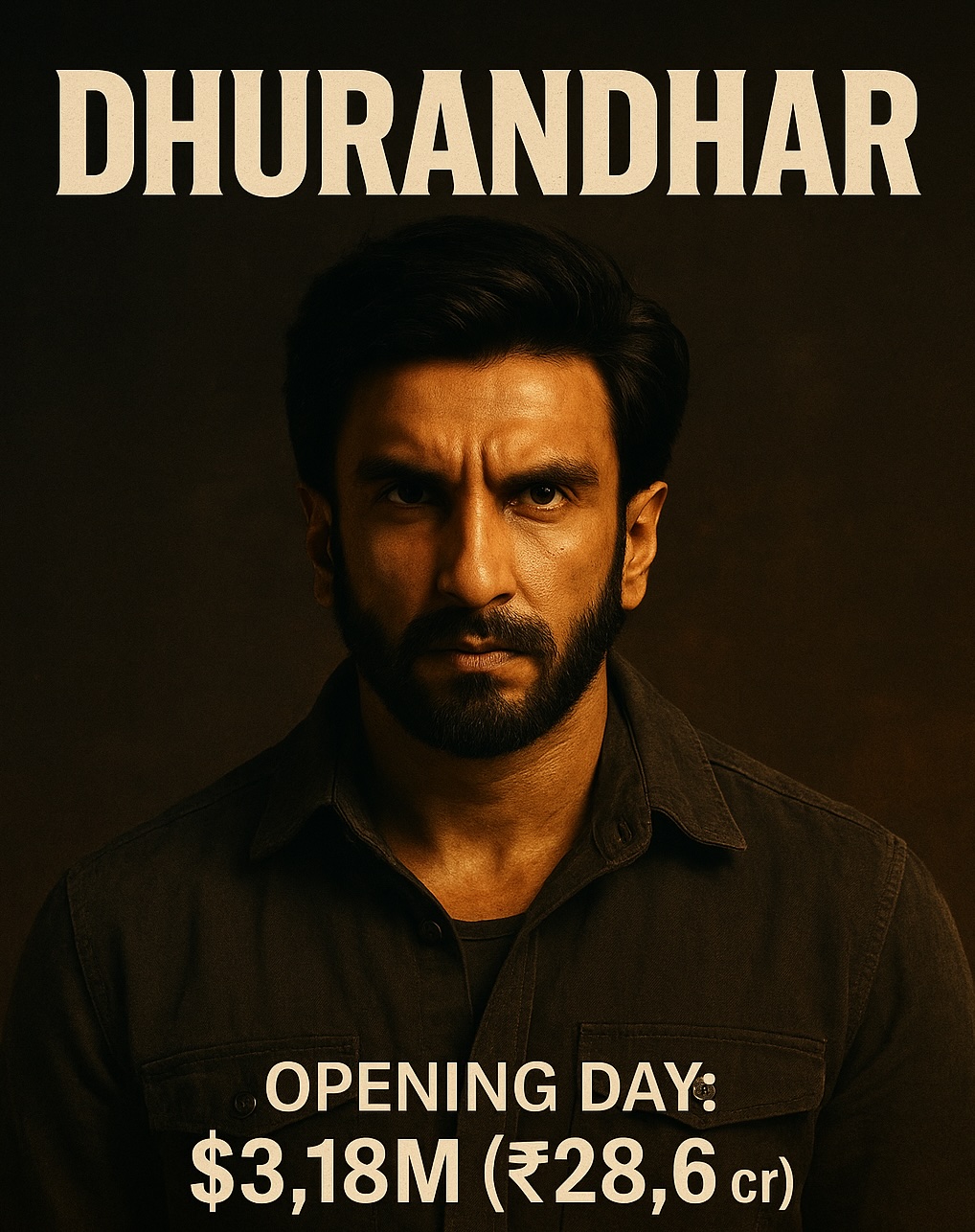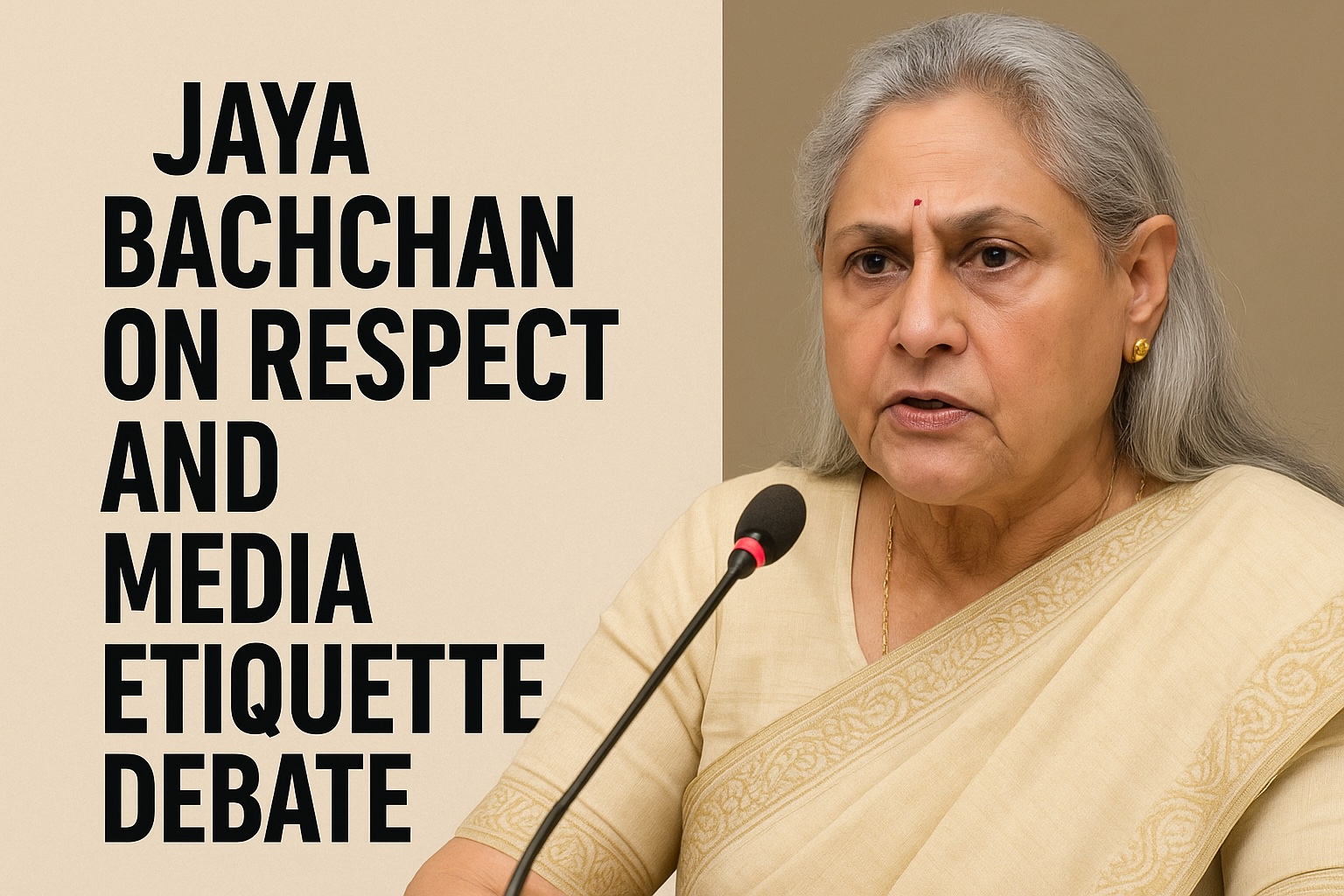
Subhash K Jha speaks with Anurag Basu. Here are the excerpts:
How do you plan to take Barfi ahead of the non-Hindi audience?
Well, I’ve to confess we’re toying with the idea of putting out an English version of the film. I can’t say much about that right now. Let’s see. The film has been to the Pusan and Marrakesh film festivals. The only reason it isn’t at the Toronto Film Festival is because we were too busy releasing the film worldwide to take it to Toronto. But those sections of non-Indian viewers who have seen Barfi say it has the potential to break through the language barrier.
You had a frightening brush with mortality when you fell ill with cancer. Is that what gave you the strength to celebrate life so vigorously in Barfi?
Yes, I think so. After my illness I wrote other darker films namely Gangster and Life In a Metro. But I think Barfi is my coming-of-age film. It’s not a perfect film. But this is my most personal film.
Did you ever fear Ranbir’s deaf-and-mute act would fall flat?
I think we give too much importance to words in our cinema. Surely there has to be a difference between radio plays and cinema! I’d have had even less dialogues. But since there was a complicated crime involved in the storytelling I had to offer explanations through voiceovers by Ileana d’Cruz and Saurav Shukla. But not for a minute did I feel handicapped because Ranbir had no dialogues. In my earlier films too I’ve experimented with a lot of silences.
Your editing pattern is excessively complex, going back and forth in time, sometime twice over in one flashback?
Don’t blame the editing. That’s how I wrote the screenplay. I realized during writing that the storytelling was getting complicated because of the time travel. I tried to make the story linear. But it wasn’t working. See, Barfi is a very simple story. If I had kept the narrative linear then I’d have lost my audience. I think if I had removed the non-linear narrative you wouldn’t have enjoyed the film. I know Indian viewers get disturbed by non-linear narrations. I wrote Barfi straight. But it was boring that way. So I apologize to all those who were put off my the non-linear narrative.
How difficult was it to bring in the fantasy-fun element in a subject so serious and thoughtful?
I’ve to confess it was a lonely journey. I had no reference points. It was like entering a dark tunnel. I just pushed through. While shooting we had lots of fun. Aur film banti gayi. Yes, it took me 10 ten days to get a hang of the subject since it is a completely new genre. We even re-shot the initial portions.
You earlier made some unoriginal films like Saaya, Kuch To Hai and Tumsa Nahin Dekha?
You know I don’t know why Kuch To Hai and Tumsa Nahin Dekha are credited to me. The former I gave up, and the latter I fell ill and left.
Today you are the most original voice in Hindi cinema?
I am not going to change my priorities after Barfi. And to say I am the most original is not correct. I’d give the credit for doing an original get-happy film goes to Raj Kumar Hirani long before I made Barfi.
Hirani’s first Munnabhai film was a copy of Patch Adams?
I don’t know about that. I haven’t seen it.
Barfi is one the most original films I’ve seen. Why have you set the film in the 1970s?
1970s were magical for me. Those were the times of Rajesh Khanna’s movies and his songs, and my Mom and Dad romancing one another. When I think of romance I think of the 1970s. I was born in 1974. So I grew up in that era of romance. I wanted a 30-year span for the characters’ love to grow.
Your parents were very romantic?
Very romantic. When in Barfi Ileana says she wants to die with the man she loves, that was my mom speaking. After my father passed away my mother didn’t want to live anymore. When my Nani passed away after my Nana, we didn’t mourn. We celebrated their uniting again.
Isn’t it unrealistic to show two disabled people being so happy together?
If you spend time with differently abled people you will get over the notion that they’re unhappy suffering souls. Please don’t pity them. They find happiness in the smallest of things. They celebrate life constantly. Normal people take longer to be happy. For me this was a given from the start: they had to be happy.
Priyanka Chopra as the autistic girl is flawless. Did you have to work hard on stripping her glamour?
It’s so ironical that we Indian filmmakers get complimented when our actors give credible performances. Isn’t that a given for any film? I think my actors trusted me with what I had in mind. Priyanka shed her vanity completely.
No wonder all the actresses you approached wanted to play Priyanka’s role?
Priyanka never knew the role would shape up the way it did. Her role was always small but special. Ileana’s character was always the main female protagonist. And she is very good. And I hadn’t gone to anyone else with Priyanka’s role.
I saw a lot of Kamal Haasan and Sridevi from Sadma in Ranbir Kapoor and Priyanka?
Sadma was never a reference point. But I love that film. It’s one of my favourites. So maybe subs-consciously I was influenced. In Sadma Sridevi was like a 10-year old child. Priyanka is not a child in my film.
But you can’t deny the influence of Charlie Chaplin on Ranbir’s performance?
I won’t even try to deny it. Even before Ranbir started I told him to watch Chaplin’s silent films. There’s a definite influence of Chaplin in Ranbir’s character.
The theme of mourning the loss of love and then retrieving it after marriage was a part of your friend Imtiaz Ali’s Rockstar where Nargis Fakhri crosses the laxman-rekha of marriage to be with Ranbir Kapoor, just like Ileana d’Cruz in Barfi?
When I saw Rockstar I pointed this out to Imtiaz. I asked him why he hadn’t told me. Even Ranbir who was common to both didn’t point out the similarity to me. But it’s there.
What Next?
Ranbir and I are committed to make the Kishore Kumar bio-pic together. That will take some time. So in the meanwhile I am making a small film.
No film of yours can be small after Barfi?
Not in idea and thought. But in budget. It would be a positive happy film. But you can’t slot me as a happy filmmaker. I consciously try to make different films each time.
One critic asks, if Barfi is Anurag Basu’s then who directed Kites?
Ha ha. I am proud of Kites too. And I am not being diplomatic. It wasn’t so bad. It’s my film. I don’t disown it. True, it was made in the democratic spirit and the producer Rakesh Roshan was also present during the shooting. But I called the shots. Kites is as much my film as Barfi.





